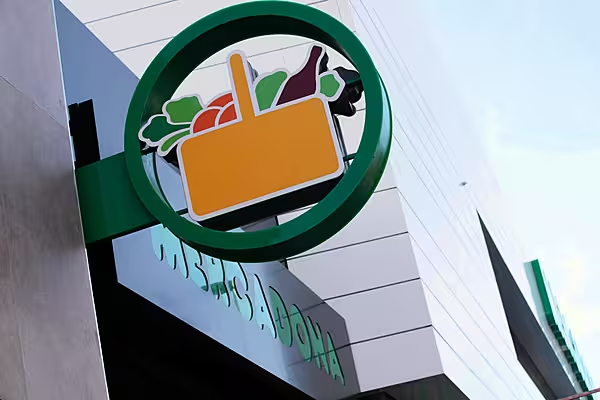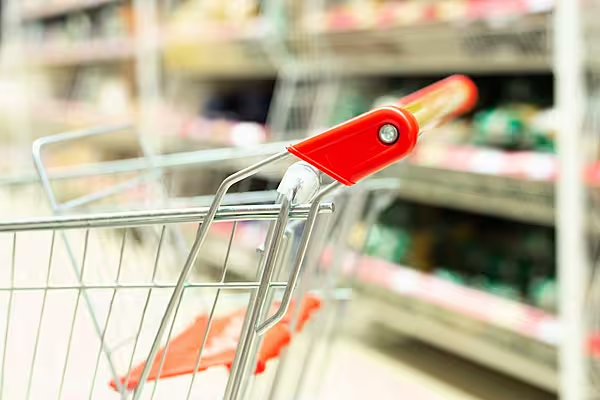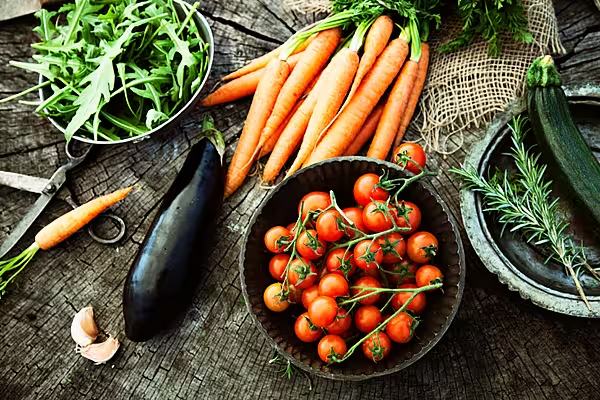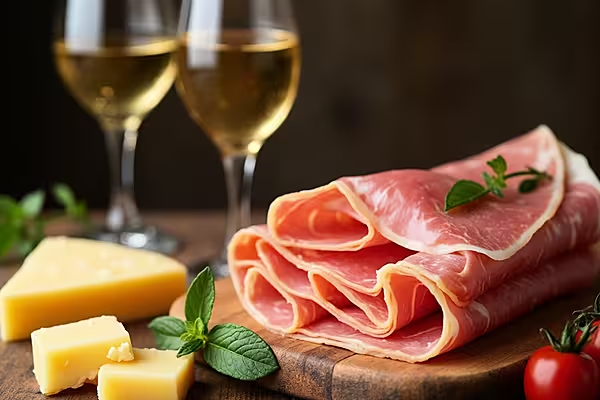Spanish grocery retailer Mercadona purchased €88 million worth of goods from Portuguese suppliers in 2018, representing a 39.7% increase on the previous year.
Further growth in Portuguese imports are forecast for 2019, as the retailer readies itself for its first Portuguese store openings later this year, according to Dinheiro Vivo.
The retailer's most-imported products from Portugal include wine, cheese, fish, kiwi, olive oil, rabbit meat, frozen cod, courgette and pastry.
For example, Mercadona bought 289 tonnes of fish at Portuguese auctions as well as 2,500 tons of kiwi from Kiwi Greensun.
New Openings
Mercadona plans to open its first four supermarkets in Portugal in July, at Vila Nova de Gaia, Matosinhos, Maia and Gondomar. The network rollout will continue in the second half of the year, when a total of 10 stores will open in the districts of Braga, Porto and Aveiro.
In anticipation of its arrival in Portugal, Mercadona has already altered the labels of around 400 private label SKUs to feature both Spanish and Portuguese languages.
A company source told Jornal de Negocios that the intention is to provide “simpler and clearer labels that allow easy interpretation”, enabling products “to circulate freely between both countries".
Before reaching Portugal, the newly-labelled products have already been introduced to over 1,600 stores in Spain, where the retailer is the market leader, holding a market share of 25%.
Consumption Habits
As well as label changes, Mercadona has also been studying the consumption habits and tastes of Portuguese consumers at its Innovation Centre in Matosinhos.
Spanish daily El Economista recently reported that the Spanish supermarket chain plans to change the way it interacts with suppliers.
Instead of the traditional business model, based on the management of various product categories within respective suppliers, Mercadona will now manage goods product by product, as it seeks to become more agile in responding to customer needs.
The measure will impact Mercadona’s relations with approximately 1,400 suppliers of private label products by creating a long-term relationship related to product development through co-innovation.
© 2019 European Supermarket Magazine – your source for the latest retail news. Article by Branislav Pekic. Click subscribe to sign up to ESM: The European Supermarket Magazine.














